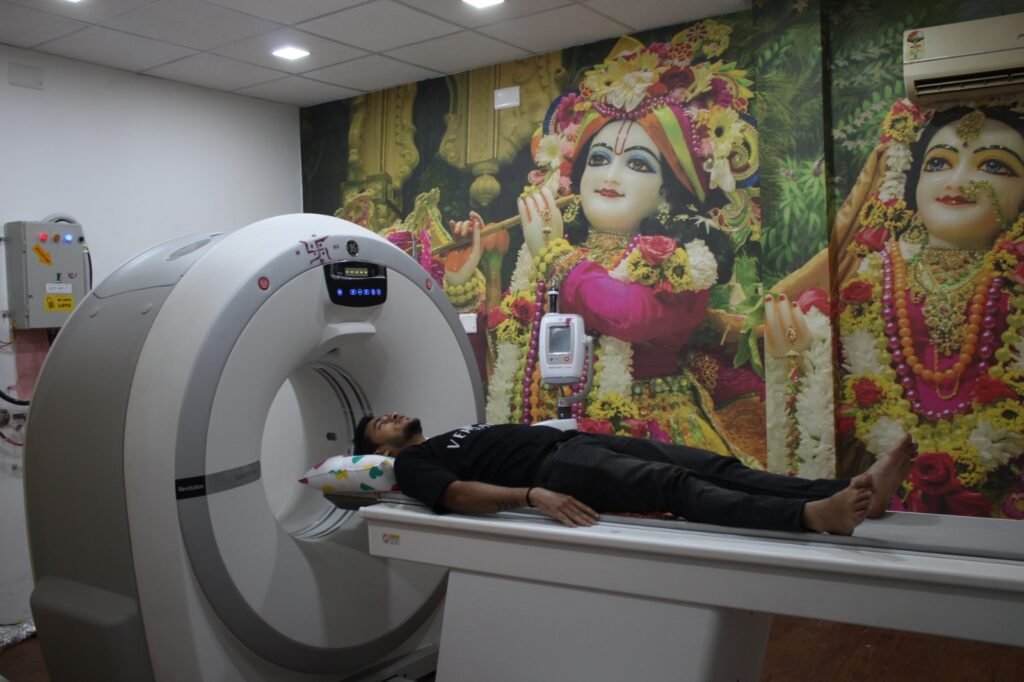With its mix of fast play, colorful design and clear limits, nine win Casino turns quick gaming breaks into short, upbeat bursts of entertainment that feel both rewarding and easy to keep under control.
With its mix of fast play, colorful design and clear limits, nine win Casino turns quick gaming breaks into short, upbeat bursts of entertainment that feel both rewarding and easy to keep under control.


